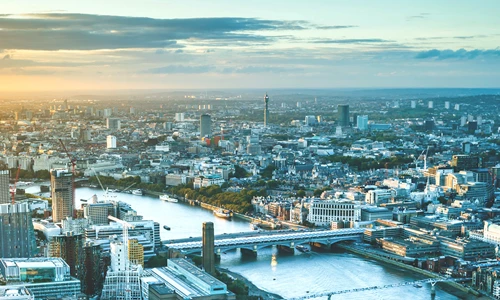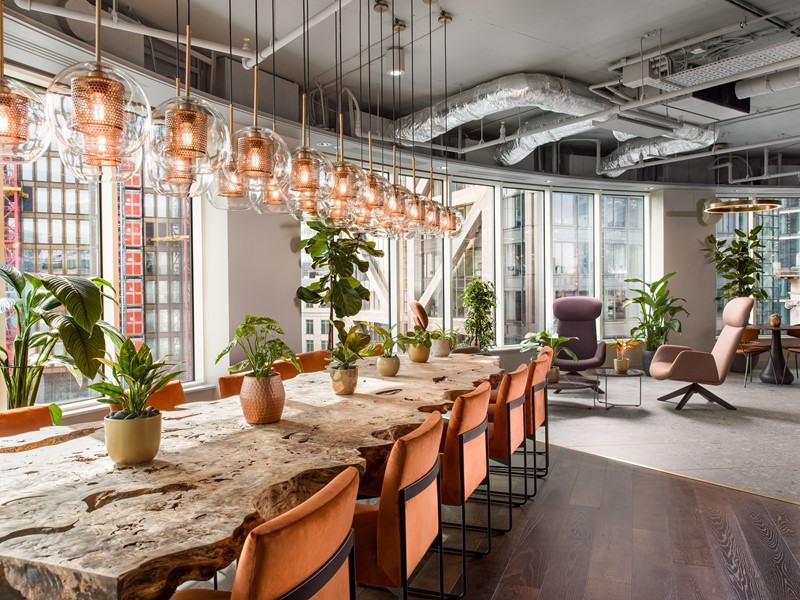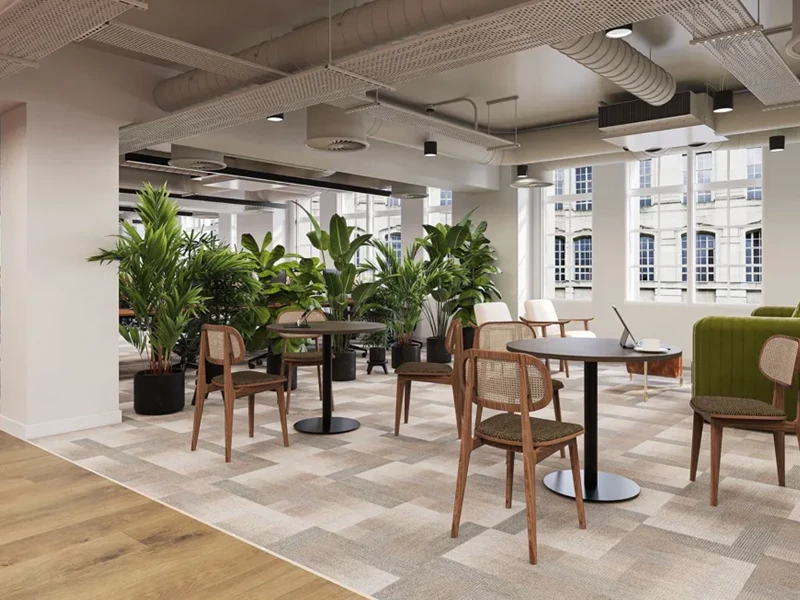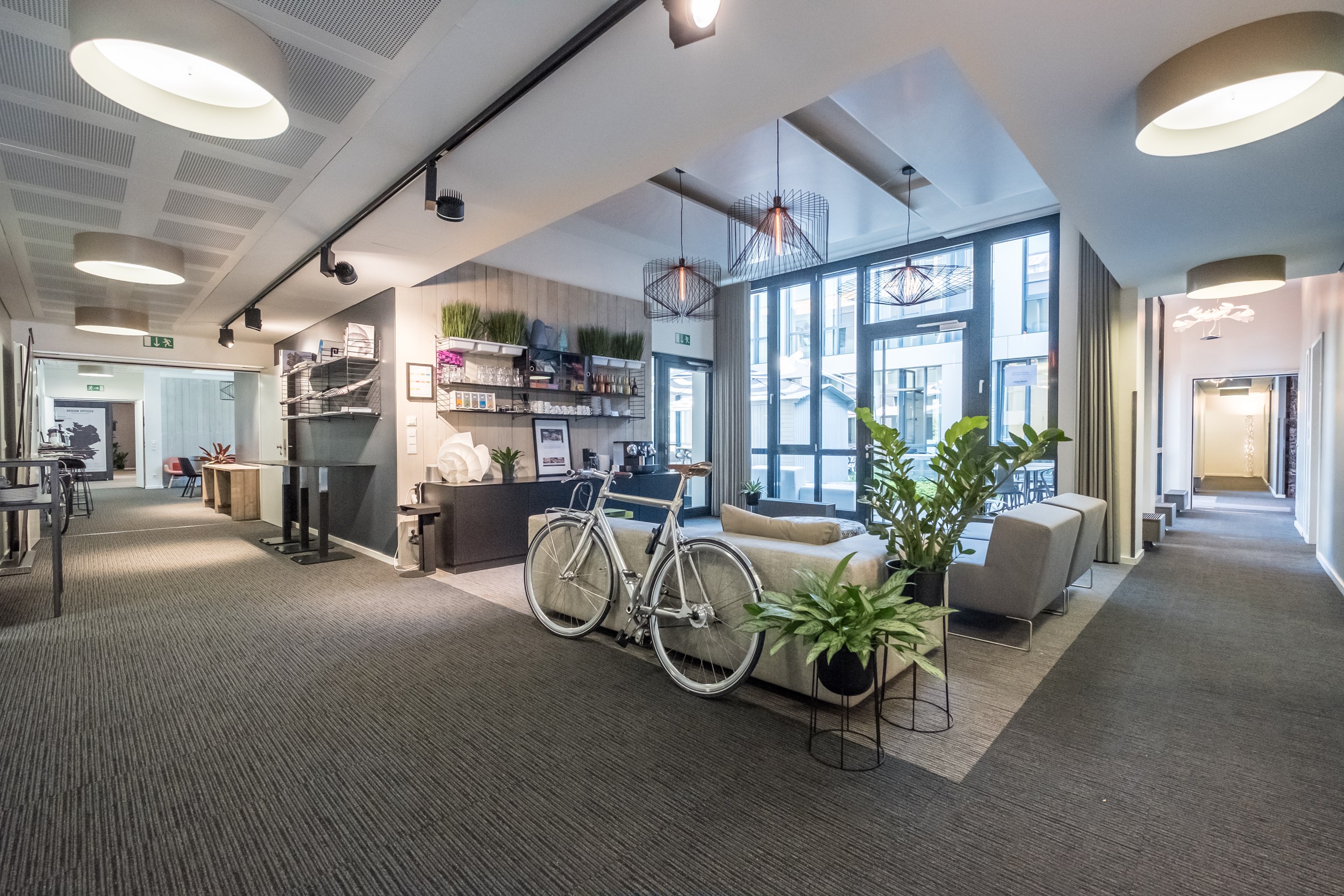As part of our series to find out how flexible office providers are addressing ESG (Environmental Social Governance) within their spaces we caught up with Mirjana Huber, Head of Quality Management at Design Offices to find out more.
Tell us a bit about your business/offer
Design Offices is the leading provider of flexible office spaces and coworking solutions in Germany. We enable companies and self-employed individuals to work in innovative and creative environments that are not just functional but also flexible. Our solutions range from individual offices to short-term bookable meeting and conference rooms, and inspiring coworking spaces. We have over 45 locations throughout Germany, providing vibrant spaces for teams of all sizes.
Are you addressing sustainability in the way you operate your business, and if yes what does this include for you?
Yes, at Design Offices sustainability is a core part of our operations. We strongly believe that sustainability is a necessity, not an option. We are committed to transparency and a sense of responsibility towards climate neutrality. Our sustainability efforts include the use of green electricity, reduction in energy consumption through sustainable light sources, waste separation, and emission-free commuting via our bike fleet. We also focus on resource-saving working landscapes by primarily using revitalized buildings. We measure our carbon footprint and continually strive to minimize it through systematic and ambitious resource management.










